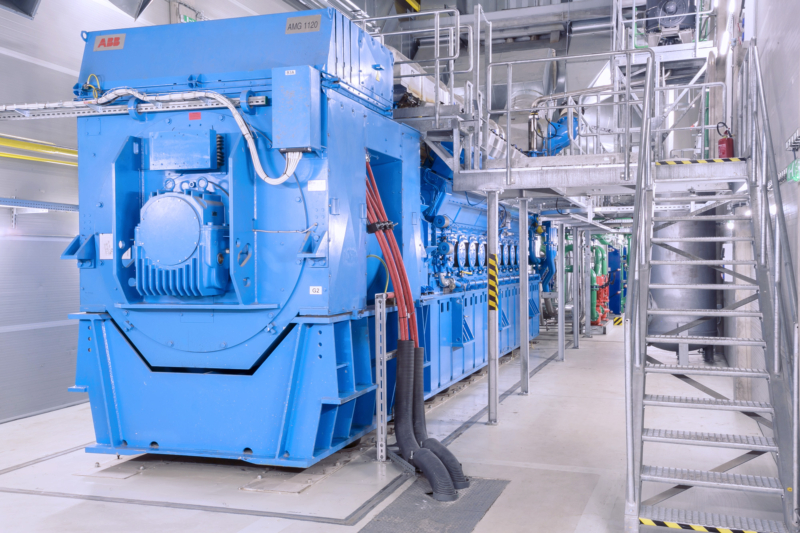
Combined Heat & Power (CHP)
Many engine installations lend themselves to heat recovery, whatever the application. Our experience ranges from remote power supply to co-generation and tri-generation, with efficiency levels beyond 95% in climates ranging between the arctic freeze of Svalbard, to hot and humid Bangladesh.
Bergen provides high efficiency power plants for district heating, industrial CHP, commercial greenhouses and tri-generation.
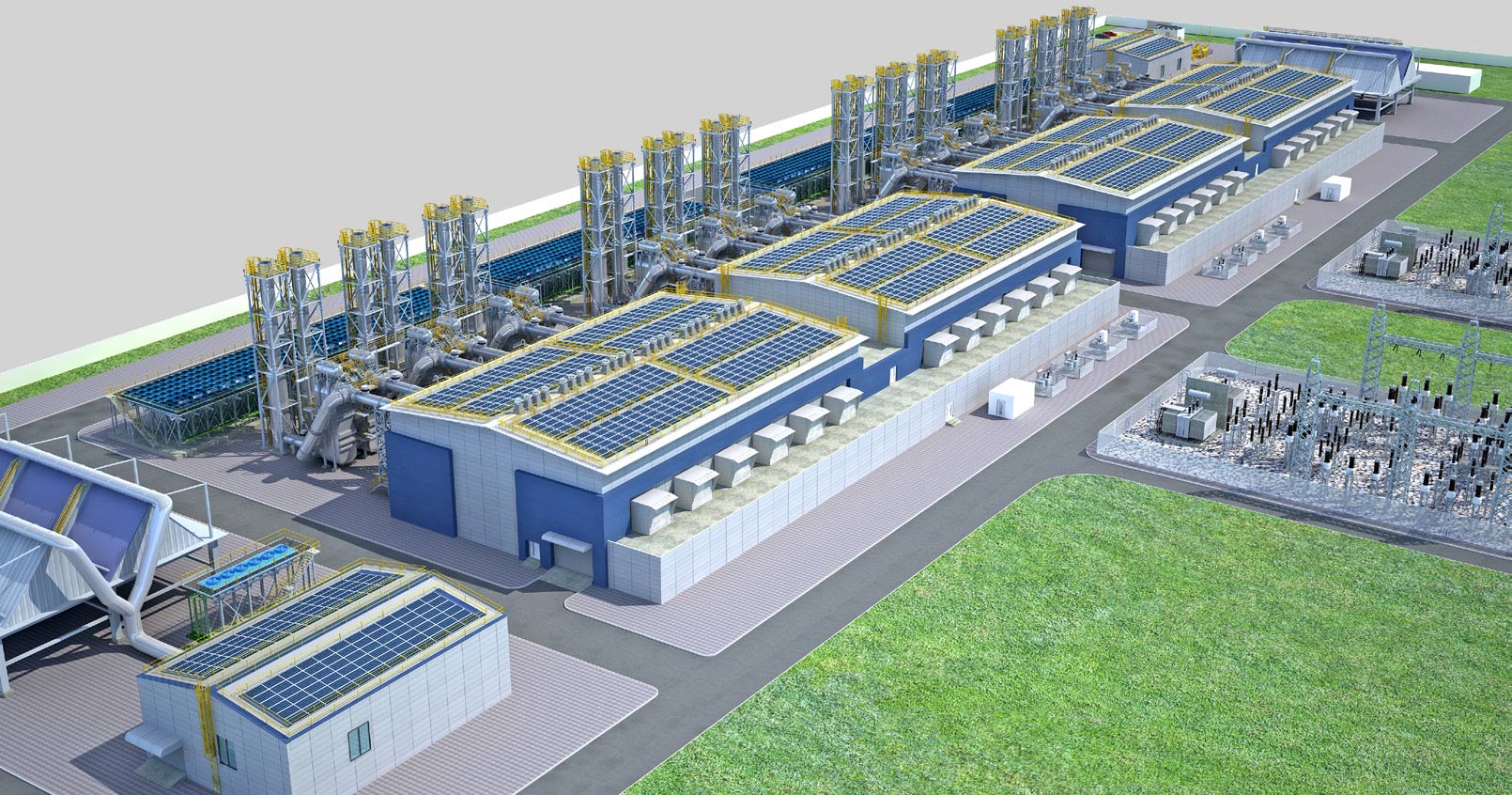
WHAT IS CHP?
Combined Heat and Power (CHP), also known as cogeneration, is a technology that simultaneously generates electricity and useful thermal energy (such as heat or steam) from a single energy source. This technology is designed to improve overall energy efficiency compared to traditional methods of separate electricity generation and heat production, which can be less efficient and more wasteful.
In a CHP system, the primary energy source is used to drive a generator that produces electricity, and the waste heat generated during this process is captured and used for various heating or cooling applications.
The key advantages of CHP are:
- Increased Efficiency:
CHP systems can achieve high levels of efficiency, often exceeding 80%, compared to around 40% efficiency in conventional power plants. This means that more of the input energy is converted into useful power and heat. - Energy Cost Savings:
By using waste heat for space heating, water heating, or industrial processes, CHP can reduce the overall energy consumption and costs for a facility. - Environmental Benefits:
CHP systems can reduce greenhouse gas emissions and air pollution because of their improved energy efficiency and the use of cleaner energy sources, leading to a lower carbon footprint. - Grid Resilience:
CHP systems can provide backup power during grid outages or disruptions, enhancing the resilience of critical facilities and reducing the risk of downtime.
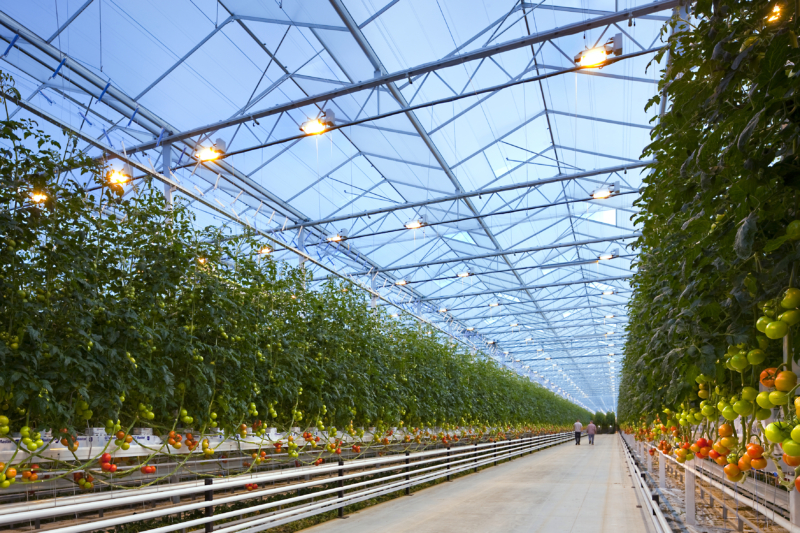
Utilization of CO2 for Greenhouses
Combined Heat and Power (CHP) plants offer several key advantages to greenhouses. They enhance energy efficiency by simultaneously producing electricity and useful heat from a single energy source, reducing energy costs and reliance on external power sources. CHP plants can also improve greenhouse resilience during power outages and reduce carbon emissions by operating on cleaner energy sources, making greenhouse operations more environmentally sustainable. Furthermore, they provide cost-effective heat for greenhouse heating, contribute to enhanced plant growth by supplying controlled carbon dioxide (CO2) enrichment, and offer better control and management of energy production and distribution. Once cleaned, carbon from the engines can be used in greenhouses to boost their growth rate. This way the natural CO2 levels in the greenhouse atmosphere is enriched to fertilize the growth, by creating the perfect environmental balance.
Explore Other Applications
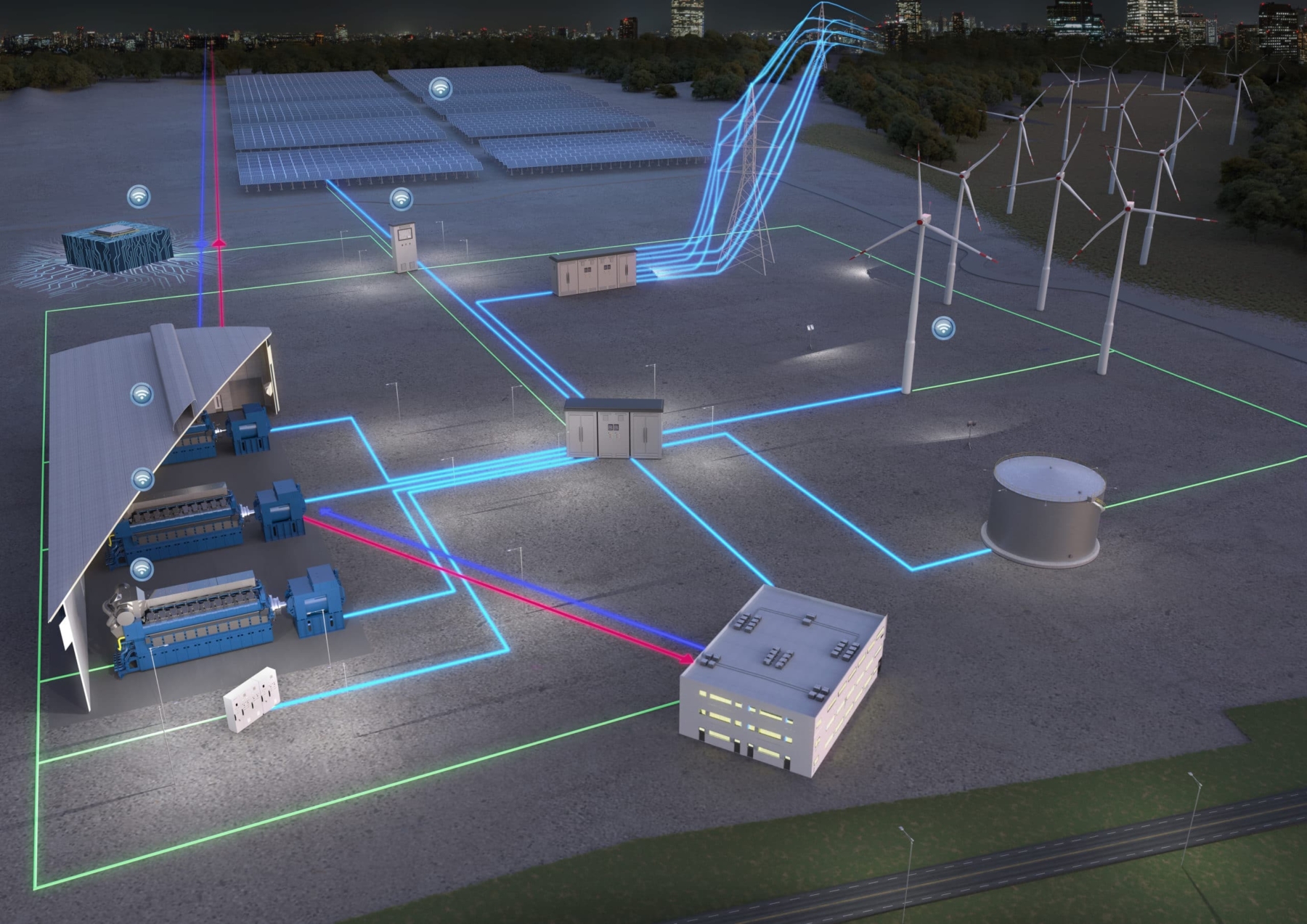
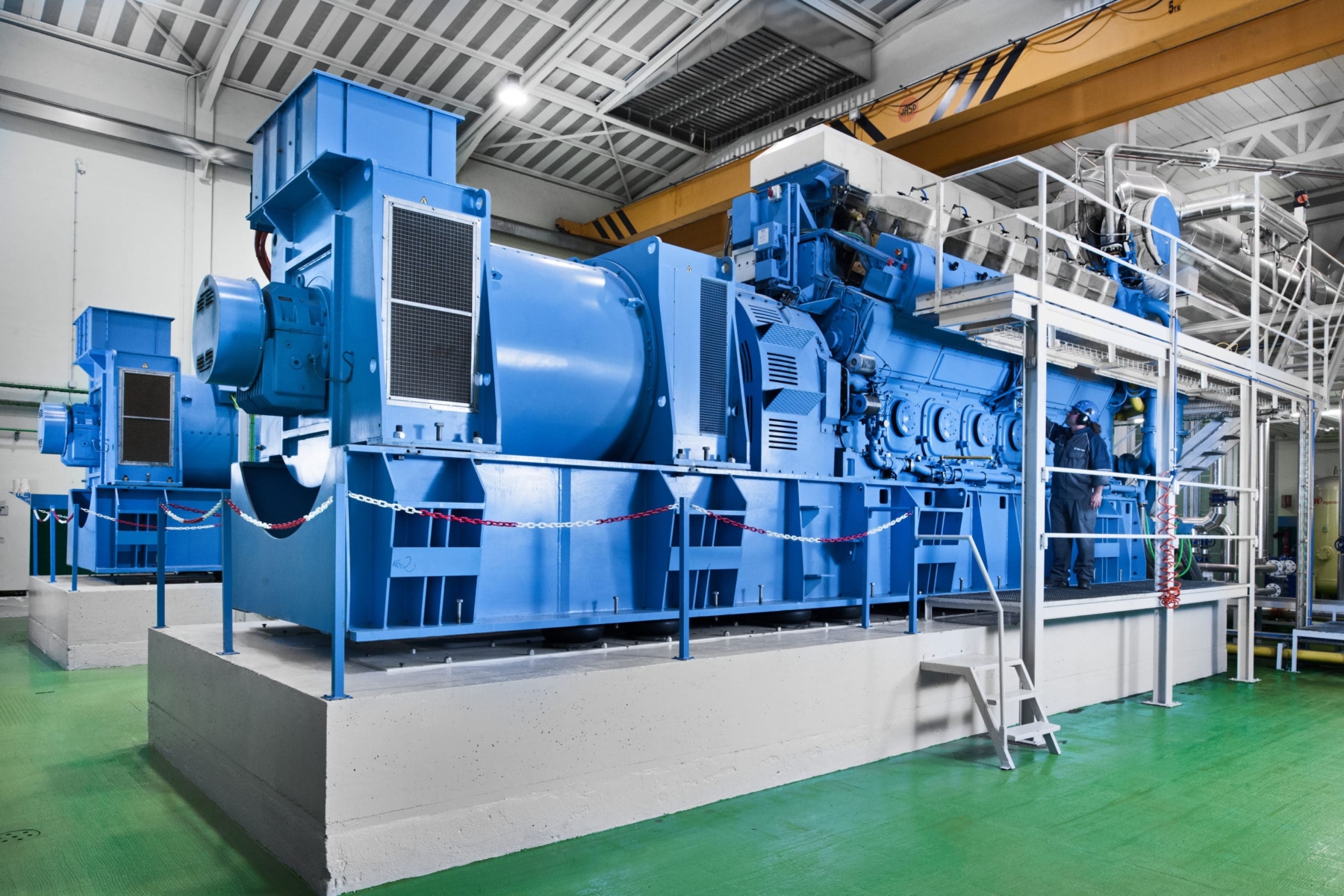

Contact us
Please fill in your contact details below and we’ll reply as soon as we’re able.

Contact us
Please fill out the enquiry form, and our dedicated team will promptly attend to your request



